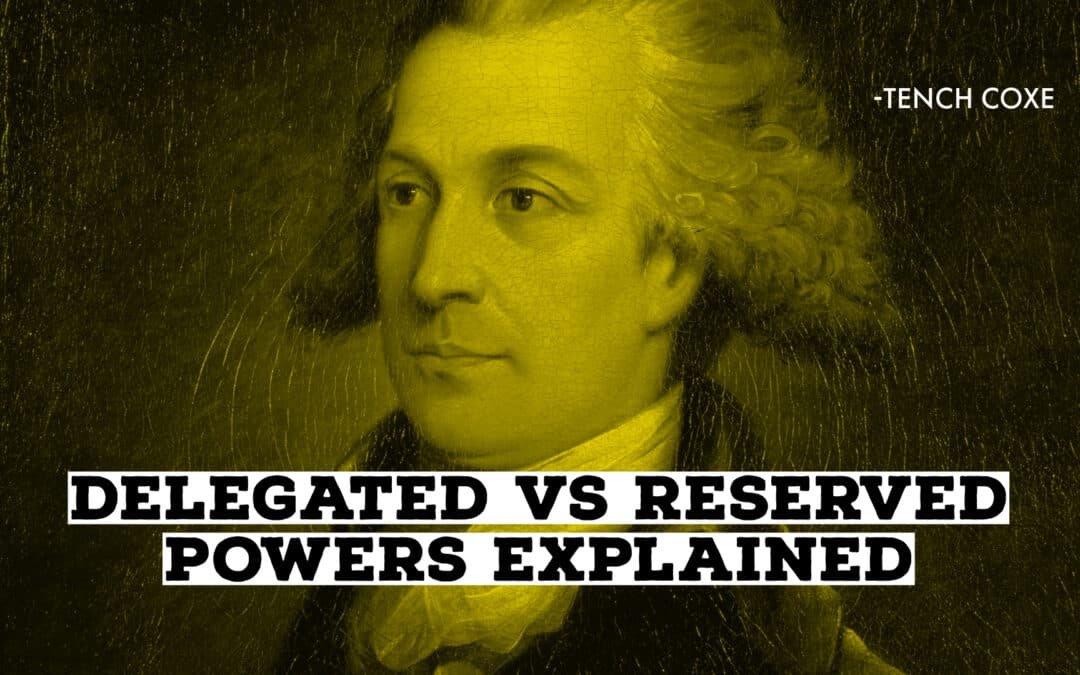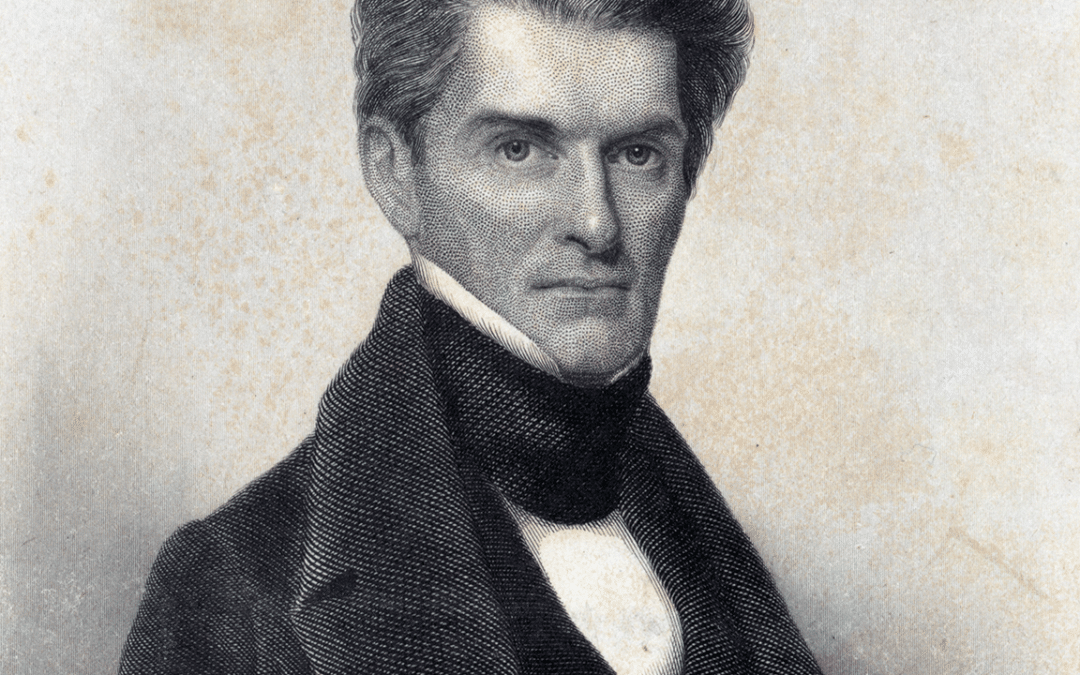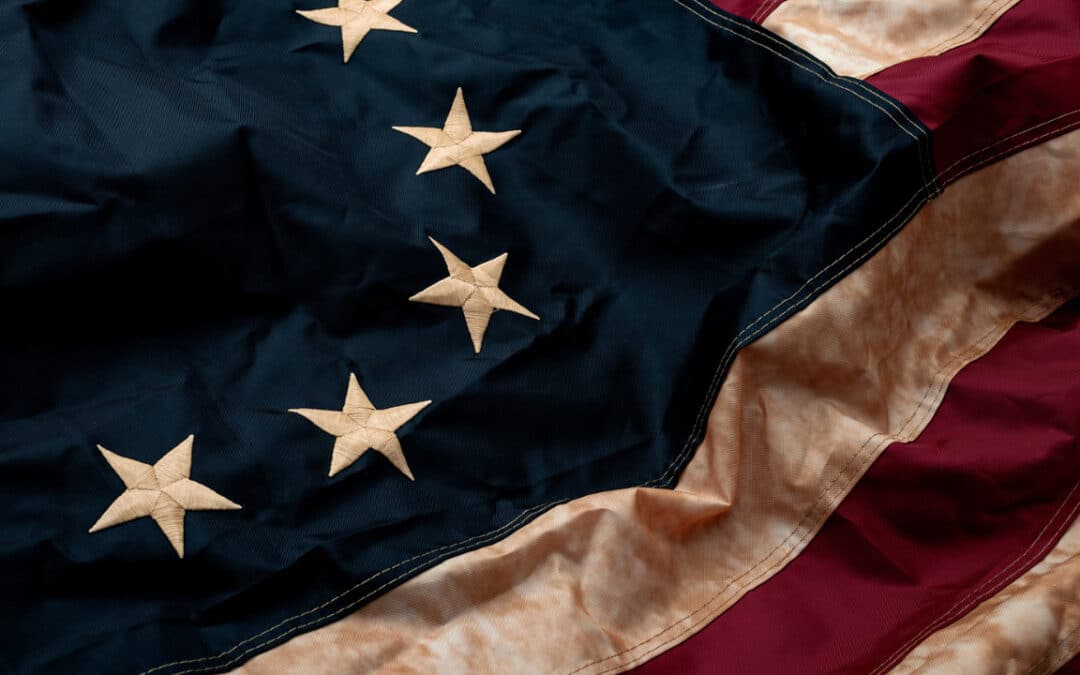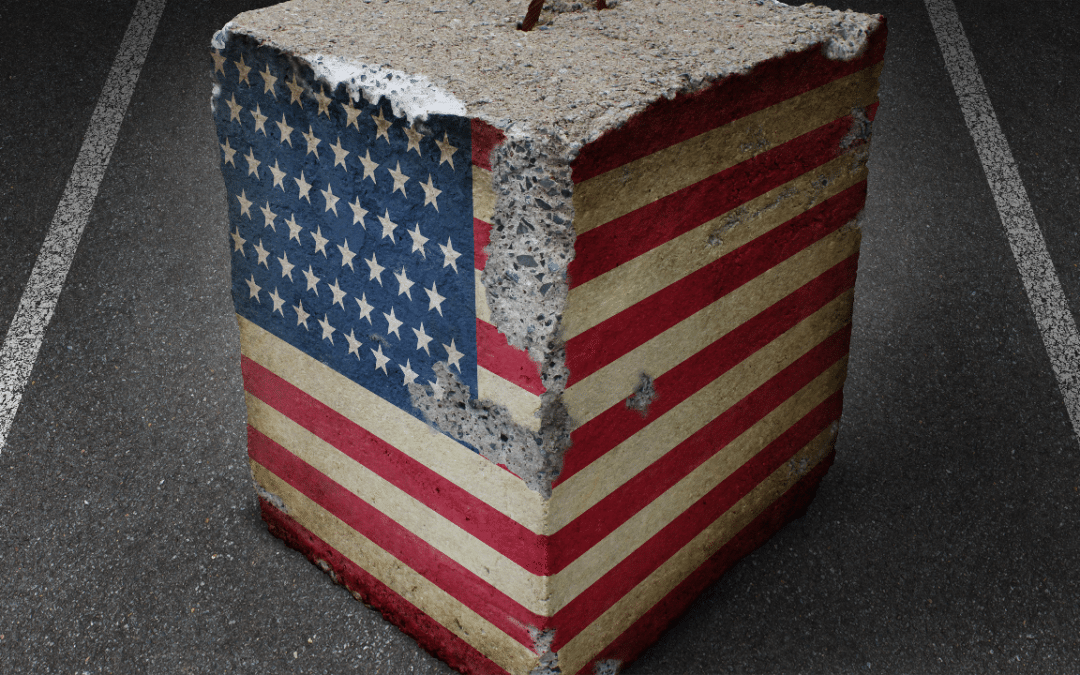
Federalism


When John C. Calhoun Sided With “Yankees” on the Constitution
At a time when partisans on either side of a debate want to sidestep the Constitution for temporary gain, it’s worth reflecting on times when constitutional fidelity was taken seriously. One of the more fascinating and less known incidents was in 1835, when the...
America isn’t “One Nation” and that Matters
The Pledge of Allegiance is wrong. These United States are not “one nation, indivisible.” They are a federation. This may seem like semantical nitpicking, but it is an extremely important distinction that impacts how we understand the powers of the general...
Unraveling the “One Nation” Myth
You’ve been lied to. America is not “one nation.” I know this feels shocking. You’ve proclaimed the United States of America is “one nation, under God, indivisible” your entire life. But you’ve been parroting a myth. Over...
Federal Farmer: An “Unnecessary Departure” From Federalism
At the heart of the debate over the proposed U.S. Constitution was whether it would preserve or undermine individual freedom and state sovereignty. In his 18th and final letter dated Jan. 25, 1788, the Federal Farmer concluded that ratifying the Constitution without...
